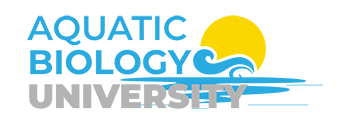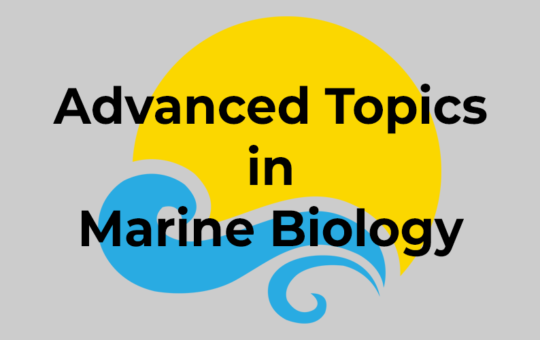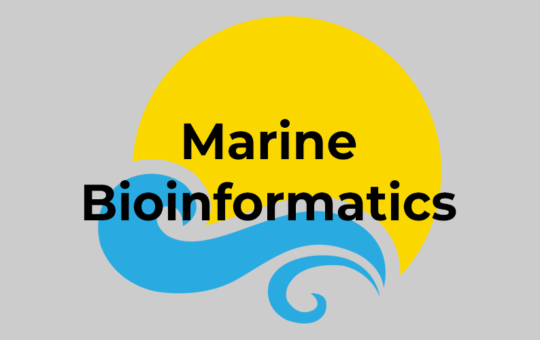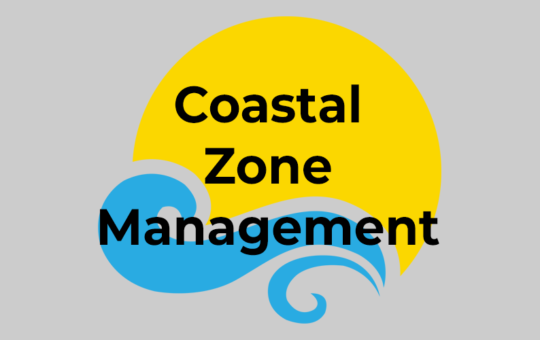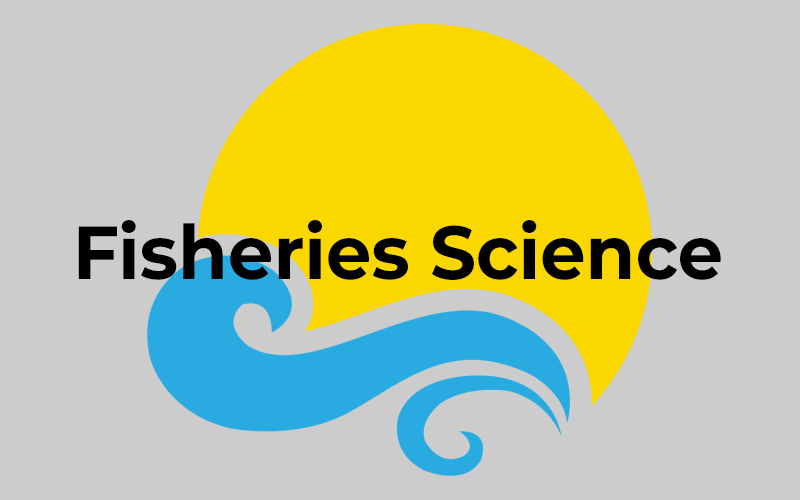
Fisheries Science
Fisheries Science is dedicated to the study and management of fish populations and their habitats, focusing on the principles and practices needed to ensure sustainable fisheries. This course provides students with a thorough understanding of fish biology, ecology, and population dynamics, exploring the factors that influence fish populations and their interactions within aquatic ecosystems. Students will learn about various fishing techniques and technologies, as well as methods for assessing fish stocks and monitoring fishery resources. The course emphasizes the importance of sustainable management practices that balance ecological, economic, and social objectives.
In addition to biological and ecological aspects, the course covers the socio-economic dimensions of fisheries, examining the role of fisheries in supporting livelihoods, food security, and cultural heritage. Students will explore the challenges faced by fisheries, such as overfishing, habitat degradation, and climate change, and the strategies used to address these issues through policy, regulation, and community-based management. The course also highlights the role of international cooperation in managing shared fishery resources and protecting marine biodiversity. Through lectures, field studies, and practical exercises, students will gain the skills and knowledge necessary for careers in fisheries science, marine conservation, and resource management, while developing a comprehensive understanding of the complex dynamics that shape sustainable fisheries.
Curriculum
- 7 Sections
- 20 Lessons
- 1 Quiz
- 0m Duration
Section 1: Introduction to Fisheries Science
- Chapter 1: Overview of Fisheries Science
- Chapter 2: History and Development of Fisheries
- Chapter 3: Types of Fisheries
Section 2: Biology and Ecology of Fish
- Chapter 4: Fish Biology
- Chapter 5: Fish Ecology
- Chapter 6: Population Dynamics
Section 3: Fisheries Management and Conservation
- Chapter 7: Principles of Fisheries Management
- Chapter 8: Stock Assessment
- Chapter 9: Sustainable Fishing Practices
Section 4: Human Impact on Fisheries
- Chapter 10: Overfishing and Exploitation
- Chapter 12: Climate Change and Fisheries
- Chapter 11: Pollution and Habitat Degradation
Section 5: Socio-Economic Aspects of Fisheries
- Chapter 13: Economics of Fisheries
- Chapter 14: Social and Cultural Aspects
- Chapter 15: Policy and Regulation
Section 6: Technological Innovations in Fisheries
- Chapter 16: Advances in Fishing Gear and Techniques
- Chapter 17: Data Collection and Monitoring
- Chapter 18: Aquaculture and Fisheries
Section 7: Case Studies and Future Directions
- Chapter 19: Case Studies in Fisheries Management
- Chapter 20: Future of Fisheries Science
- Course 15: Fisheries Science - Assessment Test
